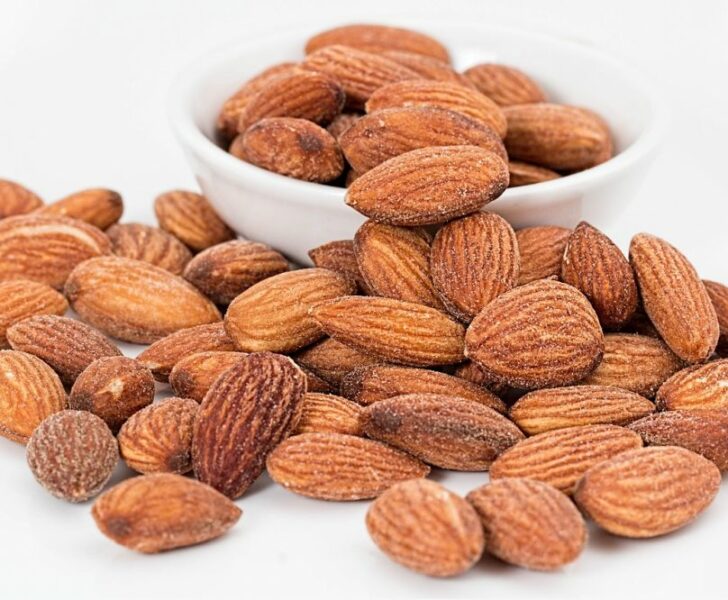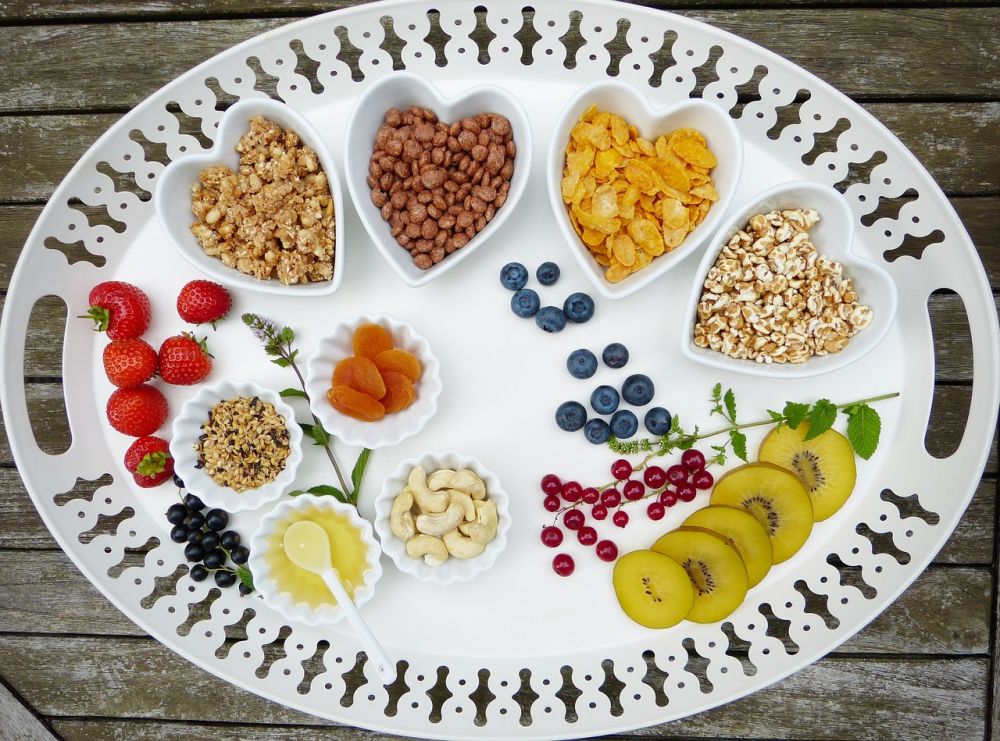Diet and its Impact on PCOS: A Comprehensive Overview

Introduction
Polycystic Ovary Syndrome (PCOS) affects millions of women worldwide and is characterized by hormonal imbalances, irregular menstrual cycles, insulin resistance, and ovarian cysts. Managing PCOS often involves lifestyle modifications, including diet changes. In this article, we will delve into the concept of ”diet PCOS,” explore its various types, discuss the quantifiable measurements associated with it, and highlight the differences and historical perspectives regarding its advantages and disadvantages.
Overview of Diet PCOS

”Diet PCOS” refers to specific eating plans designed to address the symptoms and underlying causes of PCOS. These diets typically focus on balancing hormones, improving insulin sensitivity, reducing inflammation, and promoting weight loss. Numerous variations of diet PCOS exist, each with its own set of guidelines, allowed foods, and recommended proportions. While some diets may be more popular than others, it’s essential to understand the principles behind each type to make informed dietary choices.
Types of Diet PCOS
Several types of diet PCOS have gained popularity over the years, providing individuals with specific frameworks to follow. Some common variations include the Low Glycemic Index (GI) Diet, the Mediterranean Diet, the Anti-Inflammatory Diet, and the Ketogenic Diet. Each of these diets has a unique approach towards managing PCOS symptoms, and understanding their differences is crucial for choosing the one that aligns with individual needs and preferences.
Quantitative Measurements in Diet PCOS
Diet PCOS can be quantitatively assessed by measuring various parameters. These measurements include Body Mass Index (BMI), fasting insulin levels, glucose tolerance tests, lipid profiles, and hormonal levels such as testosterone and luteinizing hormone (LH). These metrics help healthcare professionals and individuals monitor changes, track improvements, and tailor dietary interventions accordingly. Regular follow-up and assessment play a vital role in the effectiveness of diet PCOS.
Distinguishing Differences Among Diet PCOS
While diet PCOS shares common objectives, such as hormonal balance and blood sugar regulation, differences exist in terms of macronutrient composition, food choices, and meal schedules. For example, the Low GI Diet focuses on consuming carbohydrates that have a slower impact on blood sugar levels, whereas the Ketogenic Diet emphasizes high fat intake and near elimination of carbohydrates. Understanding these variations enables individuals to choose a diet that suits their lifestyle, preferences, and desired outcomes better.
Historical Perspectives on Pros and Cons of Diet PCOS
Over the years, various diets have been studied and evaluated for their effects on PCOS symptoms. Some diets, such as the Mediterranean Diet, have shown positive outcomes in terms of weight management, hormonal regulation, and fertility improvement. However, it’s crucial to consider potential drawbacks, such as nutrient deficiencies or restrictive eating patterns, that may arise with certain diets. A historical review of different diet PCOS approaches can help individuals make informed decisions that balance the potential pros and cons.
Conclusion
Diet plays a significant role in managing PCOS symptoms and improving overall health. Diet PCOS offers different approaches and frameworks that individuals can choose from, depending on their unique needs and preferences. By understanding the underlying principles, quantifiable measurements, and historical perspectives, individuals can make informed decisions regarding their dietary choices. It is essential to consult healthcare professionals or registered dieticians for personalized guidance and support in managing PCOS through diet. Remember, dietary changes should be combined with other lifestyle modifications and medical treatments for comprehensive management of PCOS.











